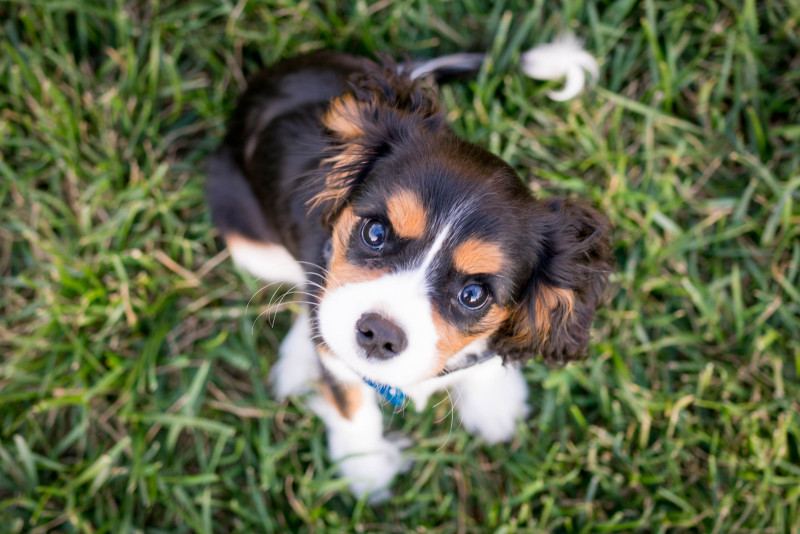Housetraining 101: Tips for a well-behaved, potty-trained pup

Welcoming a new puppy into your home is exciting, but ensuring the continued happiness of both you and your new companion will require some housetraining.
The journey to a well-behaved and potty-trained pup may have its challenges, but with patience, consistency, and positive reinforcement, you can set the stage for a harmonious relationship.
In this guide, we will explore essential tips to help you navigate the house training process, so that your furry friend becomes a well-behaved member of your household.
Establish a consistent routine
One of the first steps in housetraining your puppy is establishing a consistent structure. Dogs thrive on routine, and having a set schedule for feeding, playtime, and bathroom breaks creates a sense of stability.
Take your puppy outside first thing in the morning, after each meal, and before bedtime. Consistency reinforces the association between specific times and the need to go outside, making it easier for your pup to understand and follow.
Designate a toilet area
Choose a specific area in your garden as the designated toilet spot for your puppy. Dogs have a keen sense of smell, and using the same location each time helps them associate the scent with the act of going to the toilet.
When your puppy uses the designated area, offer lots of praise immediately. Positive reinforcement creates a clear association, making your pup more likely to repeat the desired behaviour. We would not advise using treats for this – praise is perfect.
Pay attention to the signs
Learn to recognise your puppy’s signals for needing to go outside. Common signs include restlessness, sniffing around, circling, or suddenly stopping an activity.
By paying attention to these cues, you can proactively take your puppy outside before accidents occur indoors. Anticipating your puppy’s needs is an essential aspect of successful housetraining.
Be consistent with commands
Establish clear and short commands for housetraining. Use simple, specific phrases like “go potty” or “wee wees” when you take your puppy outside.
Consistency in your language helps your pup associate the command with the act of going to the toilet, making it easier for them to understand what is expected.
Patience is key
Housetraining takes time, and accidents will happen. It is crucial to remain patient and not scold your puppy for accidents. Negative reinforcement can create anxiety and fear, hindering the learning process.
Instead, clean up accidents thoroughly to eliminate lingering odours that might attract your puppy back to the same spot. Focus on positive reinforcement when your pup relieves itself in the appropriate area.
Use crate training wisely
Crate training can be a valuable tool in housetraining, as dogs instinctively avoid soiling their sleeping area. Introduce your puppy to the crate gradually, making it a comfortable and safe space for them.
Use the crate when you cannot supervise your pup, such as when you’re out of the room and unable to closely monitor their activities. Avoid using the crate as a punishment, as it should be associated with positive experiences.
Celebrate success
When your puppy does something good, celebrate the achievement with praise and reward. Positive reinforcement encourages the desired behaviour and strengthens the bond between you and your puppy.
Use verbal praise, play and affection to communicate your approval, creating a positive association with housetraining.
Socialisation and Exposure
Continually expose your puppy to various environments, people and dogs, to enhance their socialisation skills. A well-socialised pup is more likely to be well-behaved.
Positive experiences during socialisation contribute to a confident and adaptable dog, reducing stress-related behaviours and making life easier for you in the long run.
Housetraining is a fundamental aspect of responsible puppy care. By following these tips, you can set the foundation for a well-behaved, potty-trained pup.
For tailored advice and training sessions, our expert team at WitsEnd is on hand. Working with people from all over the country, we have had over 2000 success stories! To book an appointment or for more information, please call us on 0116 244 2455.